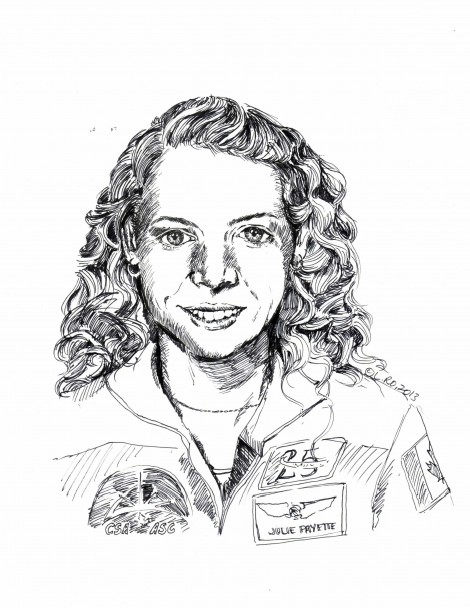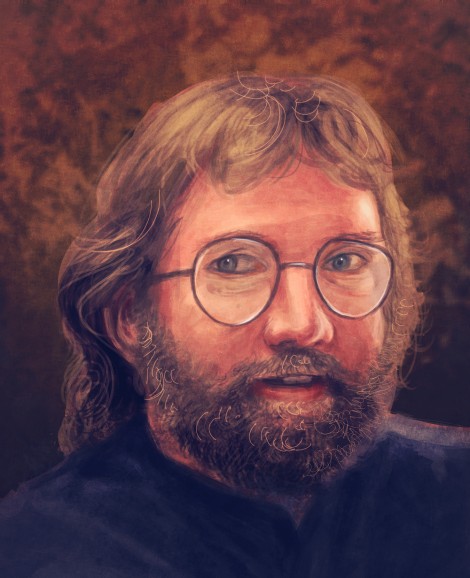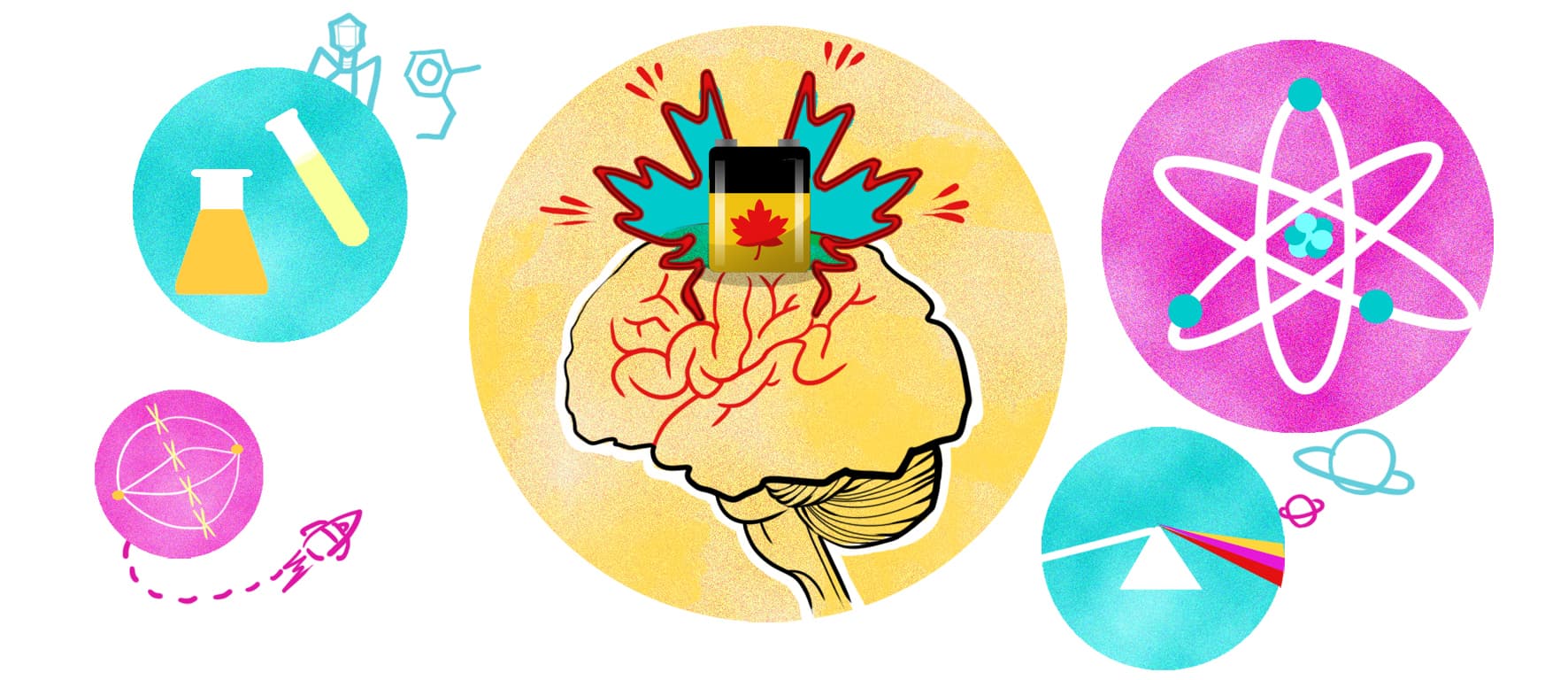The University of Toronto will host the first annual Toronto Science Festival (TSF) this September 27–29. The festival is, at its heart, a celebration of science — bringing together experts in fields as diverse as biology, paleontology and astronomy. It aims to provide a comprehensive look at its central theme of “life in the universe.” How did life on earth begin? In what seemingly inhospitable environments can life be found? What form might life outside our planet take? These are among the many questions to be pondered throughout the event. Hoping to attract a wide variety of people to listen to and take part in these discussions, the festival boasts an impressive program of events.
TSF is organized by U of T Science Engagement and the Dunlap Institute for Astronomy & Astrophysics. Science Engagement works to raise awareness of the university’s strengths in science teaching and research and facilitate U of T scientists to engage effectively with the community at large. It also coordinates science journalism courses for U of T graduate students and the Science Leadership Program for faculty members. The Dunlap Institute for Astronomy & Astrophysics develops new astronomical instrumentation to delve deeper into the universe and understand how it works. In addition to the TSF, the institute also organizes the Transit of Venus at Varsity Stadium event. Various academic units and administrative offices from the Faculty of Arts & Science have also contributed to the event.
On Friday, September 27 at 7:00 pm, the festival will kick off with a talk by Julie Payette, a Canadian astronaut. She will talk about her unique experiences and the future of space exploration. Following Payette at 8:00 pm will be Sean B. Carroll, a distinguished evolutionary biologist, who will talk about Jacques Monod — a leader in the French Resistance who was also a co-founder of molecular biology. Carroll will also discuss humankind’s place in the universe. The third keynote speaker will be Jim Bell, a planetary scientist, who will be discussing the Mars rovers and the search for life on the Red Planet on Saturday at 7:00 pm.
There are many more intriguing and engaging events. One exciting panel discussion, moderated by Dr. Jennifer Carpenter, will be debating the origin and evolution of life; another panel — moderated by Nora Young of CBC Radio’s Spark — will examine the search for extraterrestrial intelligence. There will also be a contemporary dance performance by the renowned inDance company; a jazz performance by Diane Nalini; screenings of Star Trek, with discussions by Hugo award-winning science fiction writer Peter Watts and U of T astronomy professor Michael Reid; and a screening of Carl Sagan’s Hugo award-winning film, Contact.
The festival seeks to engage with the community to share the excitement of their new discoveries of the scientific process. By bringing together some of the brightest minds in a plethora of disciplines — including evolutionary biology, planetary science, oceanography, paleontology, geochemistry, astronomy, anthropology, earth sciences, and exobiology — the festival seeks to give a fresh and diverse discussion on life in the universe. The festival is also an interactive experience. The Messaging Extraterrestrial Intelligence (METI) contest, for example, allows participants to compose a 100-word message, which will be sent via radio signal to two nearby star systems. The Café Scientifique Brunch will allow participants to have a casual conversation with world-renowned scientists while filling their appetites.
The festival will be a stimulating overview of the evolutionary and astronomical sciences. Unlike regular science lectures, the festival focuses on communicating the direction of future science and the possibilities for the future. In other words, the focus will be on “what is possible” and “what is probable.” Another focus is exploring the meaning of our current state of knowledge. For example, what are the implications of extraterrestrial life? What would we say to alien intelligence? The festival seeks to discuss tough questions from many perspectives and create a dialogue that informs the public about recent scientific breakthroughs.
The amalgamation of so many different perspectives in discussing the search for life elsewhere in the universe may be the most important facet of the TSF. Reid says that the search is one that requires just such a multifaceted approach:
“Biology defines what life is and tells us how we can go about looking for it. Earth science helps us figure out the conditions under which life can be sustained and how to distinguish life from inanimate processes which can mimic living ones. Astronomy allows us to identify potential sites where life might exist elsewhere in the universe, and gives us the tools to identify it from light-years away,” he says.
Ultimately, it is a question we may never find an answer to — the difficulties of interplanetary and interstellar travel may prove to be insurmountable. However, the stellar list of participants being brought together to find a solution gives hope that we are on the right path. With the opportunity for the citizens and scientists of tomorrow to create a dialogue with the scientists of today, the TFS promises to engage and inspire all who attend, and give a peek into the extraordinary worlds of science.
The Toronto Science Festival will run at U of T from September 27-29. To find more information, visit http://tsf.utoronto.ca/. Follow the festival on twitter. @tosciencefest for the latest updates.
Julie Payette

LUCINDA YAE-RIM RO/THE VARSITY
TSF will begin on September 27 at 7:00 pm in Convocation Hall, with a keynote speech by a truly exceptional woman: astronaut Julie Payette. Payette is currently the director of the Montreal Science Centre, and one of only two Canadian female astronauts. She is also an engineer and a symphony-quality singer, and can converse in six languages. Her diversity of talents and accomplishments earned her a distinction as an Officer of the Order of Canada. She is a force for the public understanding of science, and lectures around the world on the importance of space exploration — a position that makes her an ideal candidate to kick off the TFS. As a representative of science — particularly, Canadian science — the organizers could not have chosen more wisely than a woman whose expertise and interest in so many fields give her such a unique insight into life in the universe.
Sean Carroll

IMELDA LO/THE VARSITY
Dr. Sean Carroll will be one of the keynote speakers at the TSF; he will be speaking at 8:00 pm in Convocation Hall on Friday, September 27. His talk is entitled “BRAVE GENIUS: Jacques Monod, Chance, and our Place in the Universe.” At 9:00 pm, he will be participating in a book signing in the Convocation Hall lobby.
The Varsity asked Carroll about life on other planets: “Biology on Earth gives us some sense of what is possible or likely elsewhere in the universe — about the most likely shapes (rods or spheres?) and sizes (microscopic) of possible life forms,” he replied. Carroll leaves an interesting caveat however, saying that due to our perpetual surprise at the forms of life on our own planet that “perhaps we are not very prepared for what may lurk out there.”


